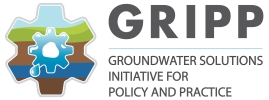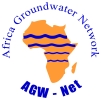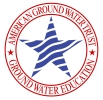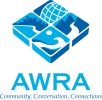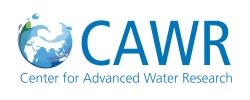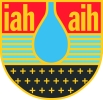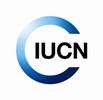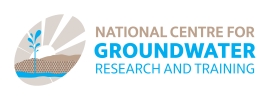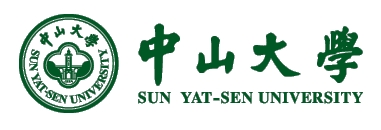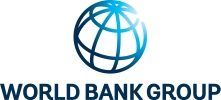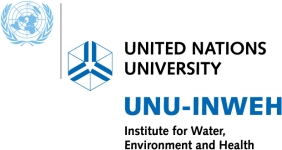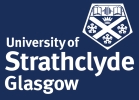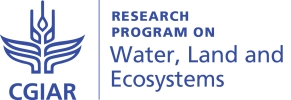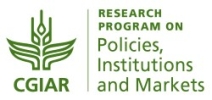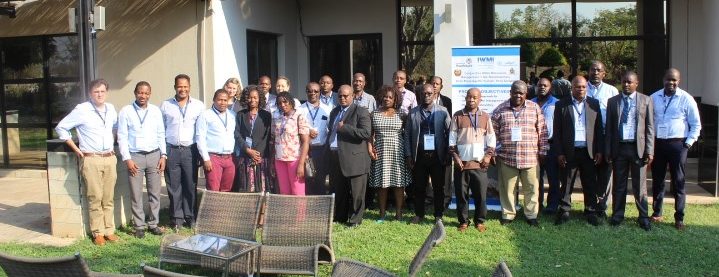
Participants of the workshop (photo: Thokozani Dlamini).
The International Water Management Institute (IWMI) in collaboration with the University of Strathclyde, Scotland (both partners of the Groundwater Solutions Initiative for Policy and Practice [GRIPP]), the Department of Water Resources, Malawi, and the National Directorate of Water Resources Management, Mozambique, have embarked on the Conjunctive transboundary water resources management in the Shire River Basin project on behalf of the Southern African Development Community (SADC) – Groundwater Management Institute (SADC-GMI), which is a regional center of excellence on groundwater, hosted by the University of the Free State, South Africa. The project is part of the World Bank-funded Sustainable groundwater management in SADC member states project.
The primary objective of the Shire ConWat project is to contribute to sustainable water management in SADC, through transboundary cooperation on shared critical water resources, and by enhancing the capacity in SADC and its member states to manage integrated groundwater and surface water resources, using the Shire River-Aquifer system as a pilot case.
The project will involve conducting intensive studies in two SADC member states (Malawi and Mozambique) to support transboundary aquifer management. The studies will be conducted in collaboration with relevant government authorities and river basin organizations to find solutions to shared surface water and groundwater challenges through transboundary diagnostic analysis and strategic action plans.
To kick-start the project, IWMI, as the project lead, organized a joint stakeholder engagement session on August 7-8, 2018, at Baobab Hotel, Tete, Mozambique.

Mozambique nationals traversing the Shire River. Water hyacinth, seen in the background, is a particular transboundary environmental issue of concern (photo: Thokozani Dlamini).
In their welcome addresses, representatives from Malawi, Mozambique, and the Zambezi Watercourse Commission (ZAMCOM) highlighted the importance of conjunctive water management and expressed their commitment to advancing cooperation on the Shire River-Aquifer system. Both Malawi and Mozambique depend on the river system for domestic, livestock and irrigation water supply, and for other uses such as navigation, while also suffering the impacts of devastating floods and droughts, which makes the project highly relevant.
Karen Villholth, Principal Researcher, IWMI, and Coordinator of GRIPP, the global partnership on groundwater, highlighted the increasing rationale for and potential of conjunctive water management, accentuated by climate change and population growth. She also emphasized the scope for distilling lessons from pilot efforts in the Shire system for other transboundary surface water-groundwater systems in the SADC region.
Jonathan Lautze, Senior Researcher, IWMI, and Shire ConWat Project Coordinator, provided the context on transboundary surface water and groundwater management in Africa, highlighting incipient conjunctive water cooperation in the region. Barbara van Koppen, Principal Researcher, IWMI, highlighted the importance of agricultural water management and gender aspects in water and land management in the Shire Basin. Girma Ebrahim, Regional Researcher, IWMI, reviewed experiences in managed aquifer recharge (MAR) in Africa to inform efforts in the Shire River-Aquifer system.
Stakeholders from Malawi and Mozambique reviewed surface water and groundwater conditions in the Shire as well as the availability of data on the basin. They also identified critical transboundary or joint water management issues as well as opportunities and challenges to scaling up cooperation in the Shire system. Going forward, SADC-GMI, in collaboration with regional partners, plans to replicate lessons learned and good practices from the project to other river-aquifer systems in the region.

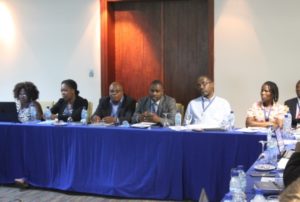
Stakeholders during the session (photo: Thokozani Dlamini)






